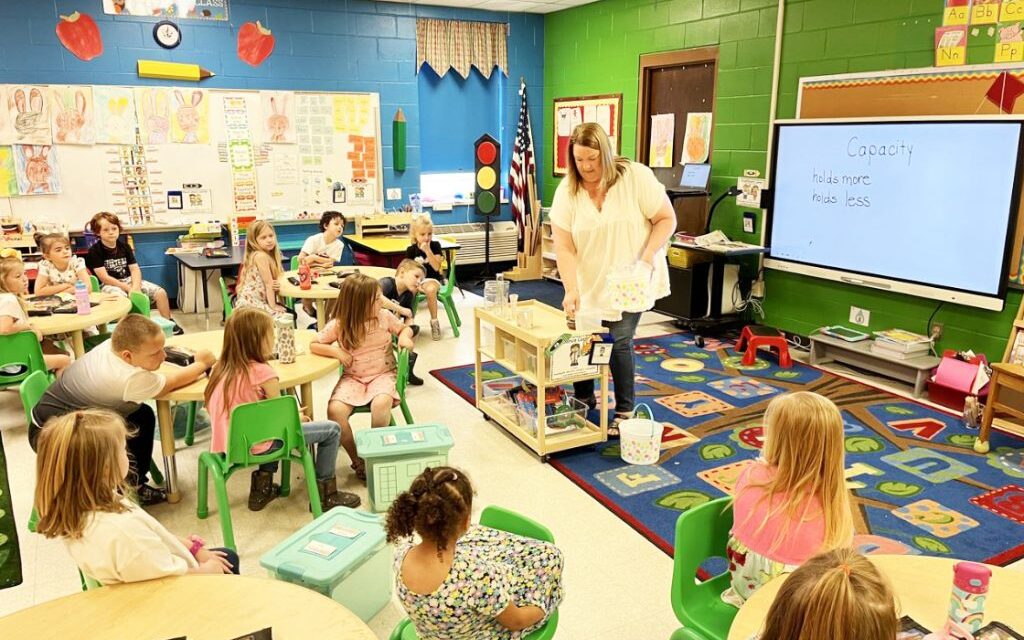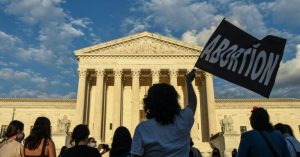By Leada Gore
The Internal Revenue Service has changed the amount teachers can deduct for out-of-pocket classroom expenses.
For tax years 2012 through 2021, the limit teachers could deduct for out-of-pocket classroom expenses for things like books, materials and other educational supplies was $250 per year. For 2022, that amount has been raised to a maximum of $300 and will increase in $50 increments in future years based on inflation.
Eligible educators will be able to deduct up to $300 on qualifying expenses. Married couples where both are eligible educators can claim up to $600 but the $300 per spouse limit remains.
Educators can claim up to $300 even if they take the standard deduction, the IRS said. Eligible educators include anyone who is a kindergarten through grade 12 teacher, instructor, counselor, principal or aide in a school for at least 900 hours during the school year. Both public and private school educators qualify.
What’s deductible?
Educators can deduct the unreimbursed costs for:
- Books, supplies and other materials used in the classroom.
- Equipment, including computer equipment, software and services.
- COVID-19 protective items to stop the spread of the disease in the classroom. This includes face masks, disinfectant for use against COVID-19, hand soap, hand sanitizer, disposable gloves, tape, paint or chalk to guide social distancing, physical barriers, such as clear plexiglass, air purifiers and other items recommended by the Centers for Disease Control and Prevention.
- Professional development courses related to the curriculum they teach or the students they teach. But the IRS cautions that, for these expenses, it may be more beneficial to claim another educational tax benefit, especially the lifetime learning credit. You can see more here.
- Qualified expenses don’t include the cost of homeschooling or nonathletic supplies for courses in health or physical education. The IRS also reminds educators to keep good records, including receipts, cancelled checks and other documentation.











